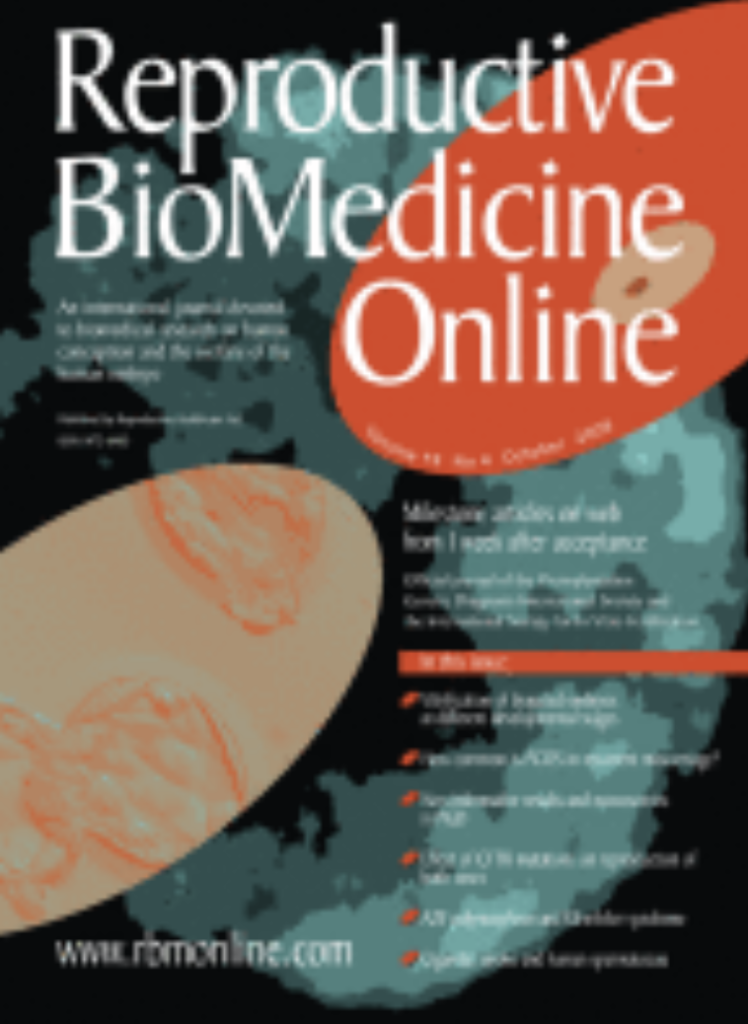June 2008
Placental mesenchymal and cord blood stem cell therapy for dilated cardiomyopathy.
Journal Citation
Reprod Biomed Online. 2008 Jun;16(6):898-905
Authors
Ichim TE, Solano F, Brenes R, Glenn E, Chang J, Chan K, Riordan NH.
Abstract
Regenerative treatment of dilated, non-ischaemic cardiomyopathy represents a significant unmet clinical need. Intracoronary administration of autologous bone marrow stem cells has demonstrated positive results in treatment of post-infarct and chronic ischaemic patients. Limitations of this procedure include: invasiveness of bone marrow extraction and cardiac catheterization, and dependence on stem cell populations that are aged and possibly senescent. Here, the use of intravenously administered allogeneic placental matrix derived mesenchymal stem cells for treatment of dilated cardiomyopathy is discussed. Safety of this cell population has already been established in completed Phase I and II trials; however, to date, clinical implementation for dilated cardiomyopathy has not been reported. Preclinical studies have demonstrated that mesenchymal stem cells: (i) inhibit myocardial inflammation; (ii) inhibit cardiomyocyte apoptosis; (iii) stimulate angiogenesis; and (iv) display therapeutic activity in models of dilated cardiomyopathy. Clinical studies have demonstrated the ability of mesenchymal stem cells to inhibit post-infarct remodelling, as well as potently block inflammatory processes in graft versus host and Crohn disease. Presented here is case report of a patient with dilated cardiomyopathy treated with intravenous allogeneic mesenchymal stem cells and expanded umbilical cord blood CD34 cells who underwent a profound clinical improvement.

